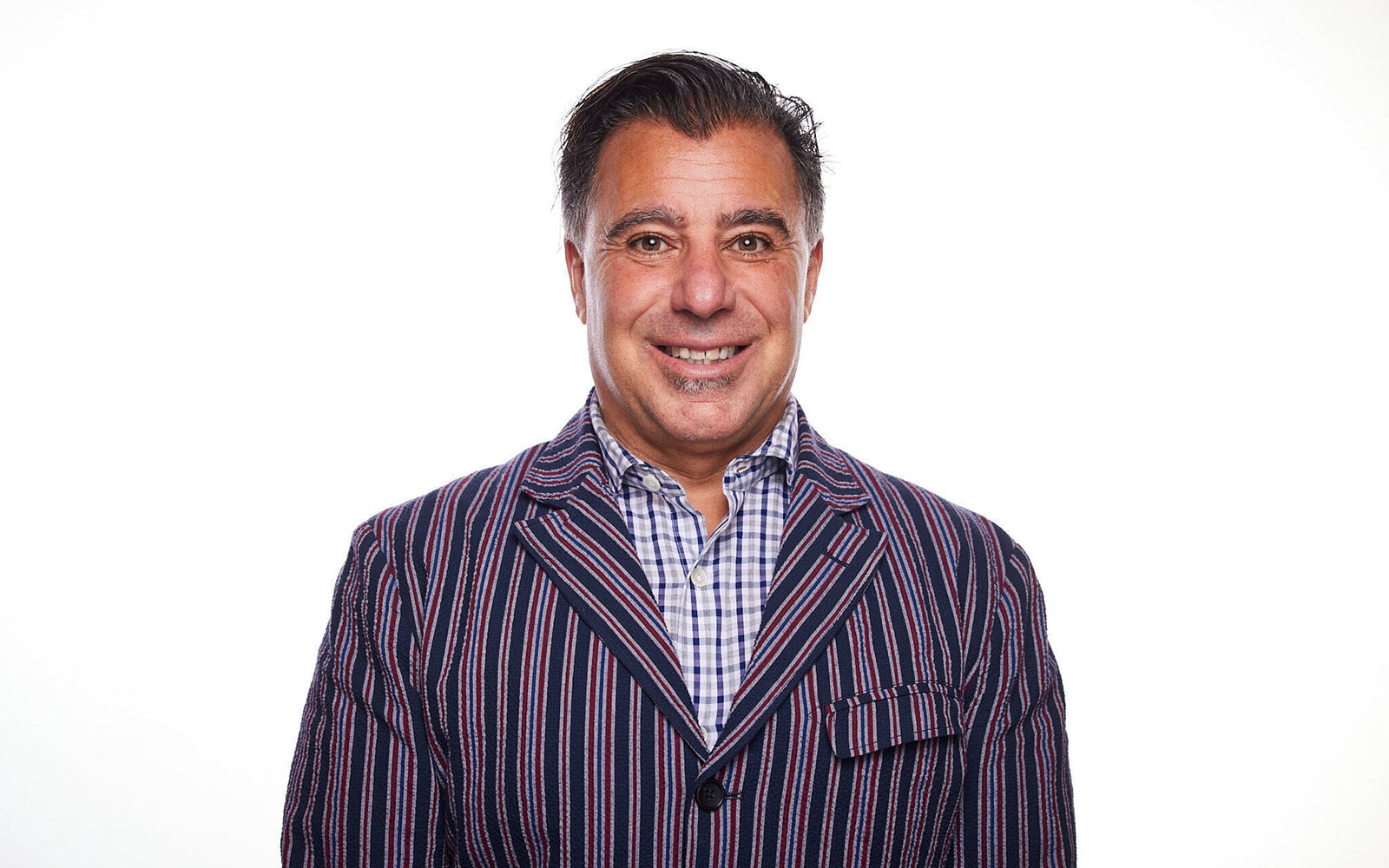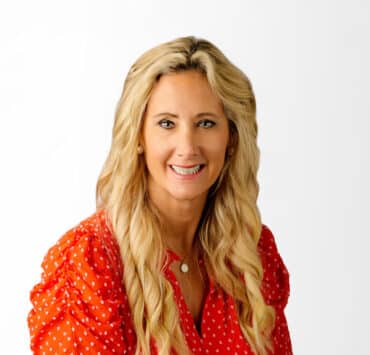There’s no shortage of issues facing long-term care and skilled nursing facilities. They’ve navigated a workforce crisis, a lack of funding and reimbursement, and regulatory issues.
But for Steve LaForte, executive vice president of corporate affairs and chief legal officer at Cascadia Healthcare, one of the most pernicious challenges he’s had to contend with is how the public perceives the industry.
“People feel like skilled nursing facilities are places old people go to die; it’s an unattractive image,” he admits. “There’s also the imagery that they’re noisy, they’re chaotic, and they smell bad. All of those trickle down and exacerbate the staffing, reimbursement, and regulatory problems. Overcoming that perception can get us to a place where the regulators want to provide more funding to adequately care for people, which will allow us to pay our staff increased and incentivized wages and better manage the regulatory and compliance aspects.”
That’s where LaForte comes in. Leaning on his decades of structured finance law experience, he helps support Cascadia’s strategic initiatives in areas like acquisitions, finance, development, legal, and government relations. He also spends his time advocating for public policies that support the company’s business goals and works with his network from his days in Washington, DC, on legislative efforts.

“Steve is a relentless, passionate advocate for our industry,” says Patrick J. Orr, executive vice president and chief revenue officer at Healthcare Services Group. “His breadth and depth of knowledge about the issues we are facing make him uniquely qualified to push for the changes the industry needs. He and the Cascadia team are at the forefront of delivering compassionate, high-quality care to the residents they serve, and we are proud to call him our partner.”
A lot of LaForte’s work involves encouraging people to visit the facilities.
“When people come in these facilities, their preconceptions are shattered because these are dynamic places and residential environments that feel like home,” he says. “Getting legislators and other stakeholders into our buildings to see the workers—the people actually providing the care for the grandparents, parents, and the people who’ve built the roads and our nation over the last fifty years—helps them gain an appreciation of the care we’re providing and the humanity behind it.”
Maybe LaForte understands how to fight the perception people have of his industry because it’s one that he personally identified with years ago. By the time he took his first interview with a law firm that specialized in supporting the long-term care and senior housing industries, he had already worked in Washington, DC, on presidential campaigns, Los Angeles in the entertainment industry, and Seattle and Chicago on corporate and transactional work. After the interview, he thought the long-term care position was interesting but wasn’t as “sexy” as the work he’d done before.
“When people come in these facilities, their preconceptions are shattered because these are dynamic places and residential environments that feel like home.”
Steve LaForte
“When I came home, my wife asked me what I thought of it, and I said I didn’t want to do it since it’s senior housing and long-term care. I wasn’t sure if they were industries that I wanted to be in,” he remembers. “My wife, who’s worked in healthcare and is a direct care provider, kind of shook me by the lapels and said it’s a great population and it’s going to be a huge demand for that kind of care in the future and that I should take it.”
LaForte took her advice, realizing it was an opportunity to get more hands-on experience doing national structured finance deals for large industry operators and to take on responsibilities that most third-year associates could only dream of. Eight years later, he made partner and had done about $8 billion worth of structured finance transactions. He learned valuable lessons about being a business partner and built relationships that sparked his love for the industry.
“It taught me the value of knowing what the business is and learning what it is,” he reflects. “As my relationships with my clients grew, I said to myself that I really need to immerse myself in the industry because if I want to be valuable to them, I had to understand their business. Otherwise the advice I’m giving isn’t full and doesn’t take in all the risk factors that they’re applying.”
That experience gave LaForte the skills he needed to serve as a general counsel and compliance officer at New Hope Healthcare Systems, general counsel and executive vice president of business development at Trinity Health Systems, and CEO and president at Videll Healthcare. He went on to spend years as a consultant when leaders from Cascadia called on him to help build the company. In 2015, he joined their team and hasn’t looked back.
“You need let your work speak for itself while developing real relationships.”
Steve LaForte
“Eighteen months in, we went from zero to sixteen facilities and $130 million in revenue,” he says. “Since then, I’ve had an opportunity to take on a more strategic role, build out a legal department, and to be a strategic business partner in the C-suite.”
Young attorneys can make the most of their careers by understanding what LaForte calls “the difference between transactional and relationship driven dynamics.”
“Sometimes when you’re in the early stages of your career, you’re myopically focused on transactional things because your worried about the billable hours if you’re on a partnership tract,” he explains. “But to be successful, you have to let that go. You need let your work speak for itself while developing real relationships.
“Go out to lunch, to dinner, or to industry conferences with clients and colleagues,” La Forte adds. “Some firm lawyers might say they don’t have time, but it should be part of your work. It’s going to make you more valuable to your clients and business partners.”
Hamilton Insurance Agency (HIA)’s success as one of the nation’s largest independent insurance brokerage firms is rooted in meaningful partnerships. Steve LaForte of Cascadia Healthcare embodies the industry’s most important values. He has helped further Cascadia’s mission to be a “Force for Good” in providing care for more than 1,800 residents in 35 skilled nursing facilities, two assisted living facilities, and multiple home health and hospice agencies across six states.
For more than forty years, Hamilton Insurance has been an industry-leading authority in providing comprehensive insurance, risk management, benefits administration, and relevant technology solutions to senior housing and long-term care facilities.
With a heritage of excellence spanning half a century, Healthcare Services Group (HCSG) serves the dining and environmental needs of healthcare communities. As a partner possessing proven systems, innovative resources, and dedicated team members who go beyond traditional expectations, HCSG delivers truly exceptional experiences and enhanced outcomes. Our passion lies in providing services that foster an atmosphere where residents thrive, families enjoy visiting, and staff members are proud to work in, all while maintaining the highest standards of excellence. Discover the difference at HCSG.com.
A pharmacy provider for Cascadia Healthcare, PharMerica has had the honor of working with Steve for nearly ten years. With a quarter-century of experience in geriatric care, Steve’s dedication to the industry and those it serves is obvious. He embodies Cascadia’s mantra, “Be a Force for Good.” With our mission to help people live their best life, our organizations are synergistic. And that’s what Steve values most: like-minded partners. To him, partner isn’t a buzzword; it’s about authentic relationships and collaboration to benefit residents. Steve got into this business to take care of people. Like the rarity in his favorite sport, he’s a five-tool player who has done just that.


